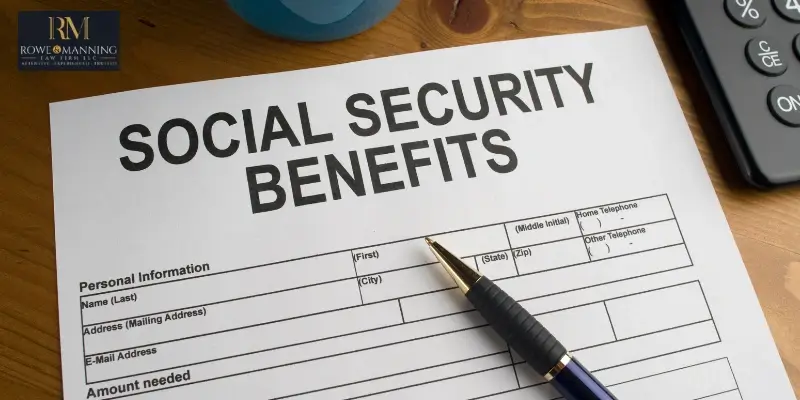
Many people rely on federal benefits. Whether you’re retired, disabled or a military veteran, these benefits play a big part in your financial picture. Unfortunately, they may not be enough. If you’ve gotten into debt because of unexpected expenses, you might be worried that debt collectors will be able to take your benefits away as a form of payment.
Can they do that? The answer to this question is no…and yes. Let’s take a look at how it works and how you can protect yourself.
What is garnishment? Can they just take the money out of my account?
If a collector wins a judgment against you for the debt you owe, they can attempt to garnish, or take, money from your bank account. At that point, the bank will check out the transaction history in your account. If you receive your benefits via direct deposit, the bank is obliged to set aside two months’ worth of your benefits for your personal use. You’ll be able to use those funds to take out cash and pay bills.
However, if you have more than two months’ worth in your account, the bank is allowed to freeze the rest. After they notify you, a judge will determine whether the debt collector should receive the money or whether you should have it returned to your account (and thus “unfrozen”).
What if I receive my benefits on a prepaid card?
When Social Security or VA benefits are loaded onto a card, they’re also protected by federal law from being garnished. The same principles apply as the ones for direct deposit. Your two months’ worth will be automatically set aside for you and not available to creditors.
What if I get federal benefits by check-the traditional way?
Unfortunately, a bank doesn’t have to protect benefits in the account if they’re deposited via check. So if a debt collector wins a judgment against you, the bank will be able to freeze your entire account balance. This could be a major hardship. The only way to unfreeze it and get access to your money will be to go to court. You’ll have to prove that the sources of the deposits are federal government benefits. So, to protect yourself, you should highly consider switching to direct deposit or a preloaded benefit card, if you haven’t already.
Are there exceptions to this?
Back taxes and federal student loans can be garnished from your account in Louisiana or other state, as can debts for spousal or child support. But this isn’t true for all cases. It’s a good idea to consult with an attorney if you have questions or wish to explore filing for bankruptcy. Medical and other unexpected debts can quickly grow and seem overwhelming, but there’s help available.
Protect Your Benefits — Know Your Rights
Federal benefits are often a lifeline, and losing access to them can be devastating. If you’re facing debt collection or worried about garnishment, Rowe & Manning Law Firm LLC can help you understand your legal options and fight to protect what’s yours. Contact us today for guidance and peace of mind.

